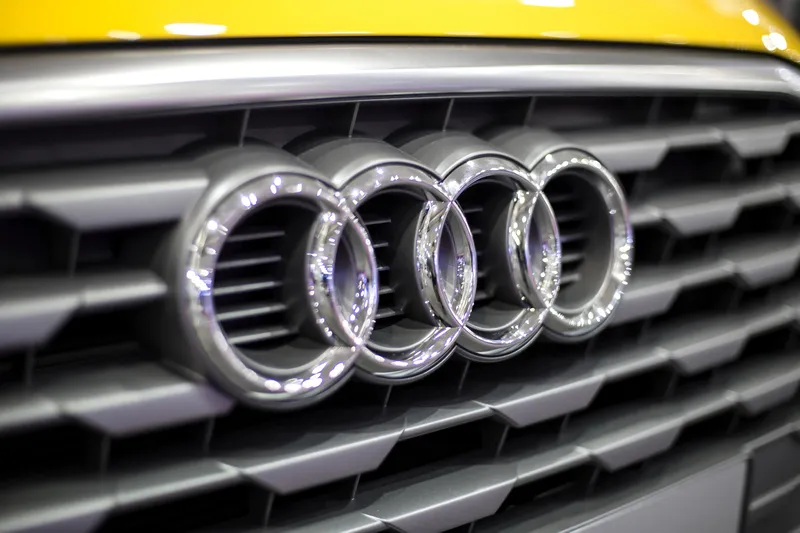A new report from ABI research concludes that global vehicle to vehicle (V2V) penetration into new vehicles will increase from just over 10 per cent in 2018 to 70 per cent in 2027, with the EU, US, and Japan as key regions adopting V2V in the mid-term. “V2X market and regulatory dynamics vary greatly from region to region. While the US will decide whether or not to mandate V2X by the end of 2013 with implementation not expected before 2018, in Europe the Car 2 Car Communication Consortium (C2C-CC) has issue
June 13, 2013
Read time: 2 mins
A new report from 5725 ABI Research concludes that global vehicle to vehicle (V2V) penetration into new vehicles will increase from just over 10 per cent in 2018 to 70 per cent in 2027, with the EU, US, and Japan as key regions adopting V2V in the mid-term.
“V2X market and regulatory dynamics vary greatly from region to region. While the US will decide whether or not to mandate V2X by the end of 2013 with implementation not expected before 2018, in Europe the Car 2 Car Communication Consortium (C2C-CC) has issued a memorandum of understanding signed by major vehicle OEMs including2125 Audi, 1731 BMW, 2069 Daimler, 1683 Honda, 267 MAN, 4233 Opel, PSA, 2453 Renault, 994 Volkswagen, and 609 Volvo committing to deploying pan-European standard cooperative intelligent transport systems by 2015 to improve road safety, traffic efficiency, and sustainable driving in line with the 2010 ITS EU Directive,” says VP and practice director Dominique Bonte.
With multiple trials taking place or planned in the US, Europe, Japan, and Australia and overall awareness about the benefits of cooperative systems increasing, 2013 is clearly a pivotal year for the future of V2X and the use of reserved DRSC spectrum in particular.
However, doubts have arisen about the desirability and financial feasibility of deploying V2X communication and application technology platforms, with some touting LTE-Advanced as a viable alternative.
Still, V2X is a critical component, in combination with short-range radar-based ADAS and cellular communication, to build proactive safety systems and ultimately realize the ambition of autonomous vehicles and a zero accident environment. To accomplish this there is no alternative for the robustness, reliability, and security of V2X technology.
Against this backdrop of technology uncertainty and evolution, governments aiming at mandating V2X face a complex challenge. At the same time, in order to guarantee safe and sustainable transportation, they have a responsibility in advancing the implementation of ITS and V2V through spectrum allocation, standardisation, certification, international cooperation and cross-border compatibility, and minimum service definition.
“V2X market and regulatory dynamics vary greatly from region to region. While the US will decide whether or not to mandate V2X by the end of 2013 with implementation not expected before 2018, in Europe the Car 2 Car Communication Consortium (C2C-CC) has issued a memorandum of understanding signed by major vehicle OEMs including
With multiple trials taking place or planned in the US, Europe, Japan, and Australia and overall awareness about the benefits of cooperative systems increasing, 2013 is clearly a pivotal year for the future of V2X and the use of reserved DRSC spectrum in particular.
However, doubts have arisen about the desirability and financial feasibility of deploying V2X communication and application technology platforms, with some touting LTE-Advanced as a viable alternative.
Still, V2X is a critical component, in combination with short-range radar-based ADAS and cellular communication, to build proactive safety systems and ultimately realize the ambition of autonomous vehicles and a zero accident environment. To accomplish this there is no alternative for the robustness, reliability, and security of V2X technology.
Against this backdrop of technology uncertainty and evolution, governments aiming at mandating V2X face a complex challenge. At the same time, in order to guarantee safe and sustainable transportation, they have a responsibility in advancing the implementation of ITS and V2V through spectrum allocation, standardisation, certification, international cooperation and cross-border compatibility, and minimum service definition.







